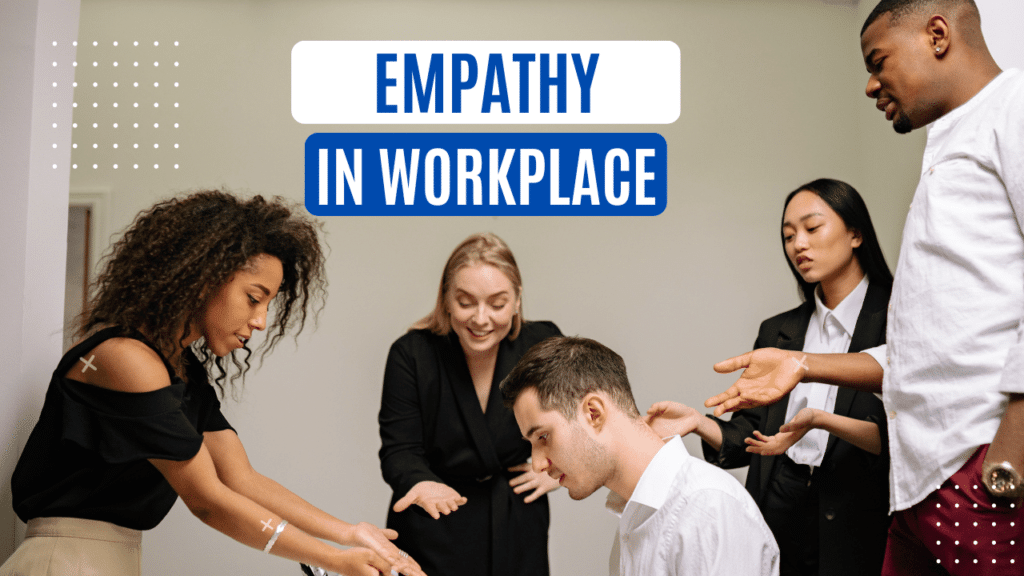Empathy in the Workplace is a Marathon, not a Sprint. Do you agree?
Being Empathetic can allow you understand someone else’s perspective, strengthen your ability to connect with others and develop a better worldwide view. People often confuse the meaning of Empathy and sympathy; it is important to know that they have different meanings and understandings.
Sympathy is defined by your feelings of pity for another person without understanding what it’s like to be in that situation. Empathy on the other hand refers to the capacity or ability to imagine oneself in the situation of another, experiencing the emotions, ideas or opinion of that person without faking it.
You sympathize in situations where you can’t influence example when showing condolence however you empathize in situations that can be slightly altered.
Satya Nadella CEO of Microsoft stated that without empathy it is not possible to get the best from your teams, so for this reason Empathy is key to everything.
Incorporating empathy in your workplace is the ability to be understanding and open minded towards colleagues and also sensitive to their unique perspectives, work styles and ideas.
WHY IS EMPATHY IMPORTANT IN A CORPORATE ENVIRONMENT
Empathy in the workplace is a crucial component of emotional intelligence and leadership success. Your connections are enhanced and can result in more effective communication and beneficial outcomes, both at work and at home.
- Empathy boosts innovative thinking: In a workplace where Empathy exists it encourages collaboration and innovation. As an employee, you are able to share new ideas and creative thinking with your employer believing that you will be heard and acknowledged for your contributions which fosters the growth and development of the organization.
- Improves communication: you can adapt your communication style to the specific person or team you’re working with. Changing your body language and tone of voice to suit the needs of the people in the conversation helps them recognize that you’re listening. Employees who feel heard and understood are more likely to communicative effectively
- Improves customer service: Having empathy can improve your customer service skills because you can anticipate what your consumers want and need. A frustrated customer who calls about an issue may want you to listen to them. By so doing, you can show them you value what they have to say. Clients and coworkers that feel valued are more likely to be open to your suggestions.
- Strengthens working relationship: You can become a better team member and collaborator when you use empathy. Try to understand your coworkers’ backgrounds and perspectives to build rapport and promote trust. Consider using active listening and words of encouragement when coworkers share their ideas.
Like I stated in the first part of this article, Empathy is a marathon not a sprint and Learning empathy will not happen overnight. Just like some people handle stress better than others, some people are naturally more empathetic than others.
Organizations from the top to down need to encourage empathy skills from day one, it takes time and energy from each individual and it needs to be an ongoing process. It is a fact that organizations that use an empathetic approach will yield higher productivity and engagement. Remember, it starts at the top of the organization. Confused about how to start? let help you!!




